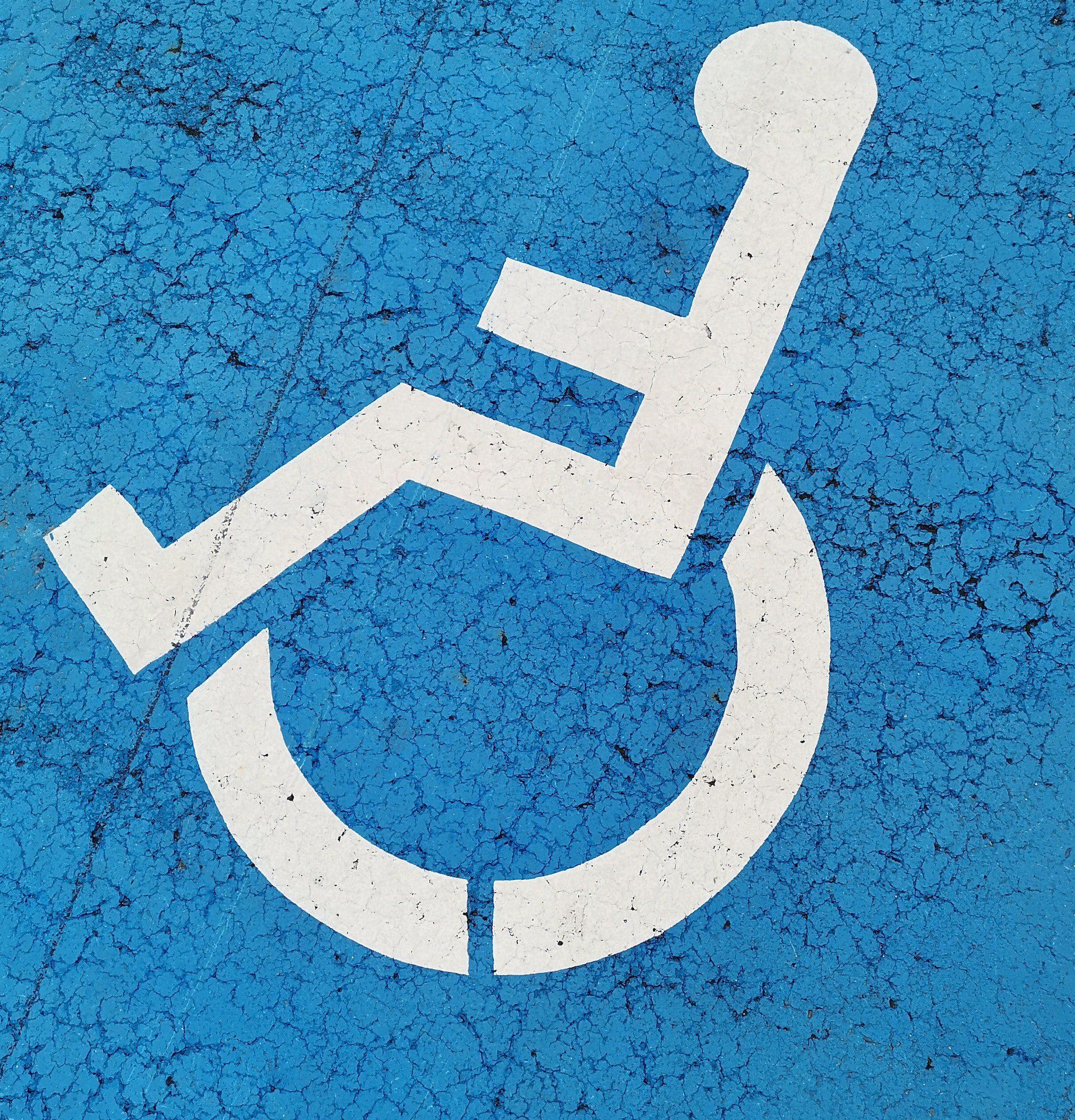残疾人服务


残疾类型
There are many different types of disabilities, each with its own unique set of characteristics and challenges. Some of the most common types of disabilities include:
-
Physical disabilities, which affect a person’s ability to move or perform physical tasks. Examples include spinal cord injuries, cerebral palsy, and amputations.
-
Sensory disabilities, which affect a person’s ability to see, hear, or feel. Examples include blindness, deafness, and partial blindness.
-
Cognitive disabilities, which affect a person’s ability to think, learn, and remember. Examples include autism, Down syndrome, and traumatic brain injury.
-
Psychological disabilities, which affect a person’s emotional or mental health. Examples include depression, anxiety, and schizophrenia.
-
Intelectual disabilities, which affect a person’s cognitive functioning and ability to learn.
It is important to remember that every person with a disability is unique and may experience different challenges.
包含残疾类型


| 残疾 | 需要的文档 | |
| Attention Deficit Disorder/Attention Deficit Hyperactive Disorder (ADD/ADHD) | Completed information/ verification form by a licensed physician, 精神病学家 or psychologist indicating diagnosis, assessment of how diagnosis may limit student in classroom and recommended accommodations. | |
| 情绪/心理健康 | A psychological evaluation performed usually within the past three years, which also should be submitted with the verification form. 通常是心理学家, 精神病学家, 心理医生在心理健康方面受过训练的护士或医生, or a similarly trained professional can diagnose. Include supplemental materials, such as a psychiatric evaluation. | |
| 学习障碍* | Educational testing completed as an adult OR within three years. The University cannot use IEP information unless it contains the specific testing results. 通常是心理学家 or a speech and language specialist conducts these evaluations. 测试是必需的. | |
| 感官或身体残疾 | Completed verification form filled out including diagnosis, assessment of how long diagnosis may limit student in classroom and recommended accommodations. If the information the health care professional provides is not specific or missing, the student will need to provide more detailed verification. General temporary illnesses and conditions (e.g. 感冒、流感、正常怀孕等等.)不考虑住宿. Please provide any supplemental materials such as hospital stays and other medical notes that might assist the process. | |
| 视力障碍 | 验光师, ophthalmologist or physician specializing in conditions of the eyes must complete a verification form including diagnosis, assessment of how long diagnosis may limit student in classroom and recommended accommodations. Include any supplemental materials such as visual tests verifying the condition and recommend accommodations. | |
| 听力障碍 | Requires the information/verification form to be filled out completely including diagnosis, assessment of how long diagnosis may limit student in classroom and recommended accommodations. 验证需要听力学家, 语言和语言病理学家, or physician specifically trained to work with hearing conditions. A copy of an audiogram should be included with the information/verification form. |
*常见学习障碍
难语症 – A language-based disability in which a person has trouble understanding written words. It may also be referred to as reading disability or reading disorder.
计算障碍 – A mathematical disability in which a person has a difficult time solving arithmetic problems and grasping math concepts.
书写困难 – A writing disability in which a person finds it hard to form letters or write within a defined space.
听觉和视觉处理障碍 – Sensory disabilities in which a person as difficulty understanding language despite normal hearing and vision.
非语言学习障碍 – A neurological disorder which originates in the right hemisphere of the brain, 造成视觉空间问题, 直观的, 组织, evaluative and holistic processing functions.
Please note that Section 504 plans and Individualized Education Plans (IEP), generally established during a student’s high school years, must be accompanied by supporting documents.


